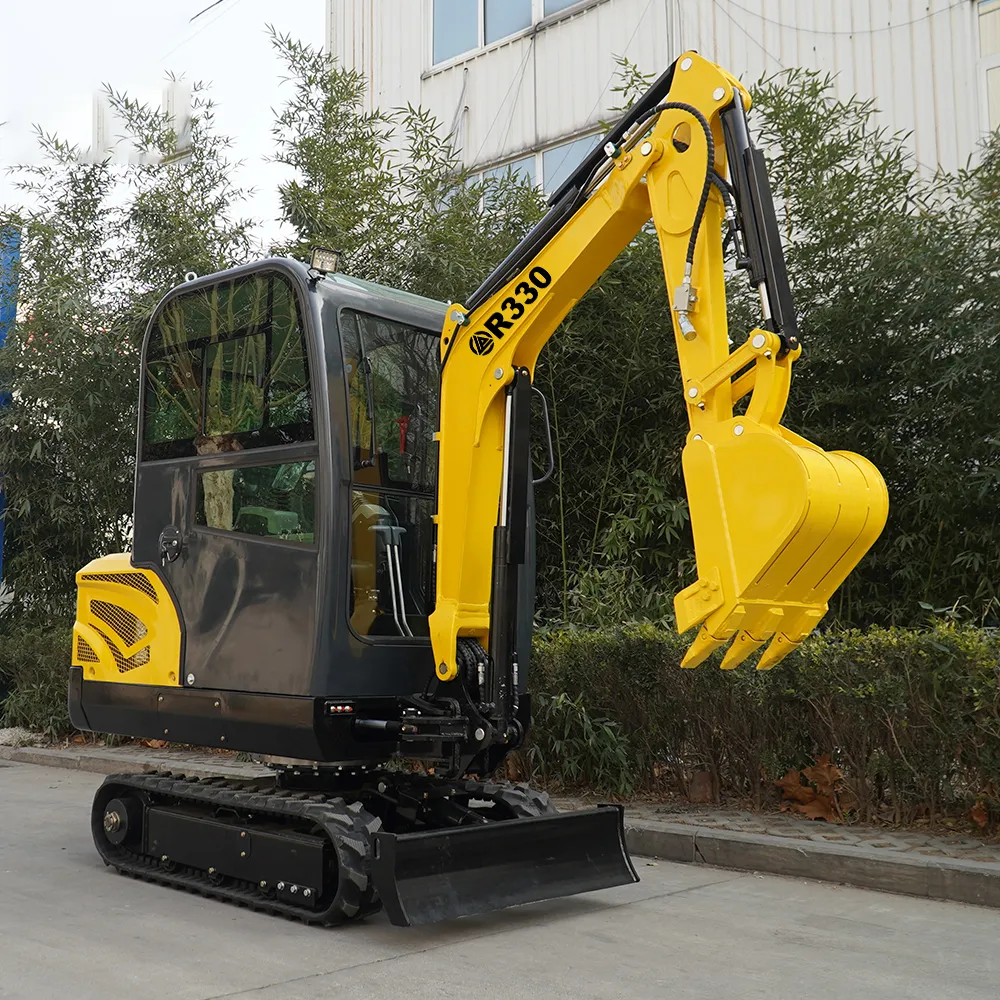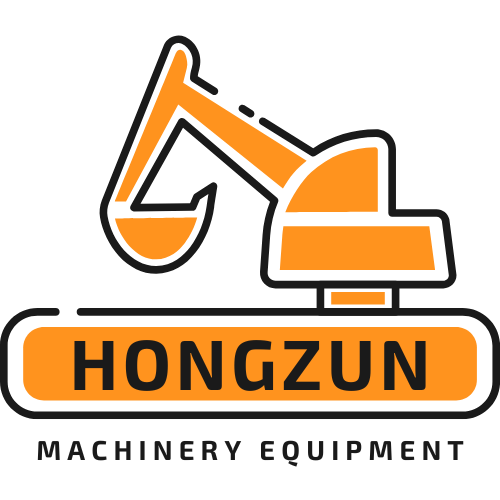Whether you’re digging trenches, tackling landscaping projects, or working in tight urban spaces, the mini excavator has become the go-to piece of equipment for contractors, builders, and DIY enthusiasts alike. Compact yet powerful, these versatile machines pack a punch far beyond their size.
Let’s dig into everything you need to know about mini excavators — what they are, what they do, and how to get the most out of them.

What is a Mini Excavator?
A mini excavator, also known as a compact excavator, is a tracked or wheeled construction machine typically weighing up to 10 tons. Like its larger cousin, the standard excavator, it comes equipped with a boom, dipper (or stick), and bucket, along with a rotating cab that allows for 360-degree operation.
But what sets the mini apart? It’s the size, maneuverability, and ease of transport that make it ideal for smaller or more delicate jobs.
Key Features
Here are the standout features of mini excavators:
- Compact Size: Designed for tight or restricted job sites
- Lightweight: Easier to transport between locations
- Versatility: Multiple attachments like augers, breakers, and thumbs
- Fuel Efficient: Smaller engines mean lower operating costs
- Minimal Ground Disturbance: Perfect for landscaping or urban work
Common Uses
Mini excavators are incredibly flexible machines. Here’s where you’ll commonly see them in action:
- Digging trenches for plumbing or electrical lines
- Landscaping and grading
- Demolition of small structures
- Installing posts or fence lines
- Pool excavation
- Utility work in residential neighborhoods
Benefits of Using a Mini Excavator
- Maneuverability
Mini excavators can work in areas where larger equipment simply can’t fit, like residential backyards, alleyways, or between buildings. - Lower Cost
They’re generally more affordable to rent or buy, and their reduced fuel usage and maintenance needs help keep operating costs low. - Easy to Transport
Most mini excavators can be towed using a pickup truck and a trailer — no need for special equipment or permits. - Less Damage
Thanks to their lightweight build, they cause less disruption to lawns, driveways, and other sensitive surfaces.
Choosing the Right Mini Excavator
When selecting a mini excavator, consider the following:
- Job requirements – How deep or wide do you need to dig?
- Operating weight – Make sure it matches your trailer and towing capacity.
- Attachments – Do you need a breaker, auger, or hydraulic thumb?
- Hydraulic power – Ensure it can handle your chosen attachments.
- Brand & dealer support – Look for good service and part availability.
Final Thoughts
Whether you’re a contractor needing a reliable workhorse or a homeowner with a major backyard project, the mini excavator is a powerful and practical tool that can save time, money, and effort. With the right attachments and know-how, there’s almost no limit to what this compact machine can do.
